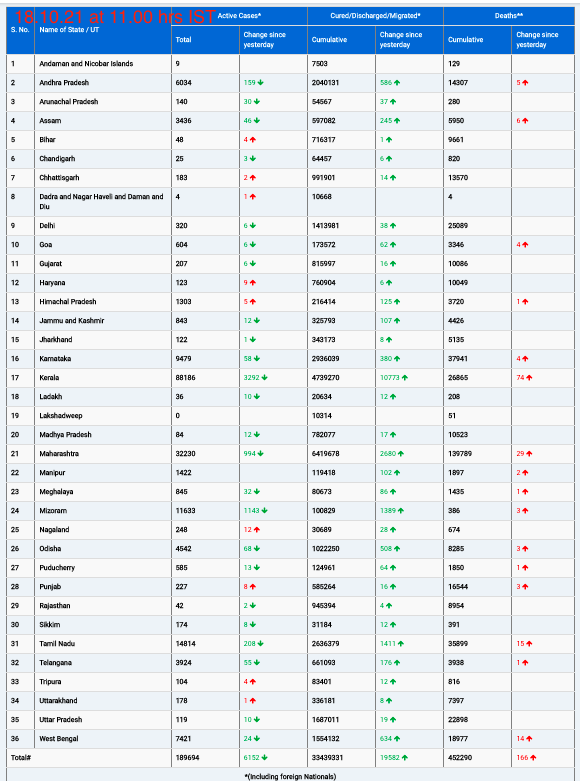Zurich, Switzerland – A groundbreaking study by researchers at ETH Zurich has uncovered a key reason behind the frustrating phenomenon of regaining lost weight within weeks: fat cells have a memory. This discovery sheds light on a major contributor to obesity and its persistence, even after significant weight loss.
The study, led by Professor Ferdinand von Meyenn, an expert in Nutrition and Metabolic Epigenetics, found that obesity causes distinctive epigenetic changes in the nucleus of fat cells. These changes, which influence gene activity, persist even after weight loss, enabling fat cells to “remember” their overweight state and return to it more easily.
How the Research Was Conducted
The research team began by studying fat cells from overweight mice, comparing them to those that had slimmed down through dieting. The results revealed that mice with obesity-induced epigenetic markers regained weight more rapidly when exposed again to a high-fat diet.
Epigenetic markers serve as cellular instructions, determining which genes are active. These markers, altered by obesity, provide fat cells with a type of memory that facilitates weight regain.
The findings were validated through human studies. The researchers analyzed fat tissue biopsies from individuals who had undergone stomach reduction or gastric bypass surgeries. They found that human fat cells exhibited similar epigenetic characteristics, confirming the mechanism observed in mice.
Implications of the Findings
The study, published in the prestigious journal Nature, highlights the difficulty of maintaining weight loss due to this cellular memory. Von Meyenn emphasized that prevention is the most effective strategy, particularly for children, youth, and adults. “The simplest way to combat this phenomenon is to avoid being overweight in the first place,” he said.
Interestingly, the research team suggested that fat cells might not be the only ones with this memory. Other cell types in the brain, blood vessels, or various organs could also remember obesity and contribute to weight regain, a hypothesis the researchers plan to explore further.
A Path to New Treatments
This discovery opens new avenues for combating obesity by targeting epigenetic memory. Potential interventions could include drugs or therapies designed to erase or modify these markers, making it harder for fat cells to revert to their overweight state.
As obesity continues to pose a global health challenge, the study underscores the complexity of weight management and the importance of sustained lifestyle changes post-dieting.












